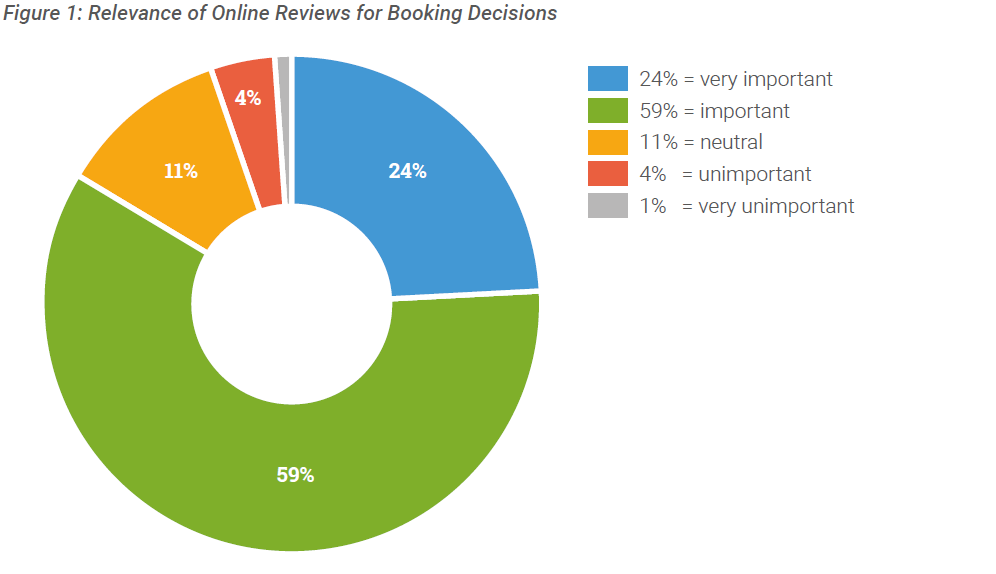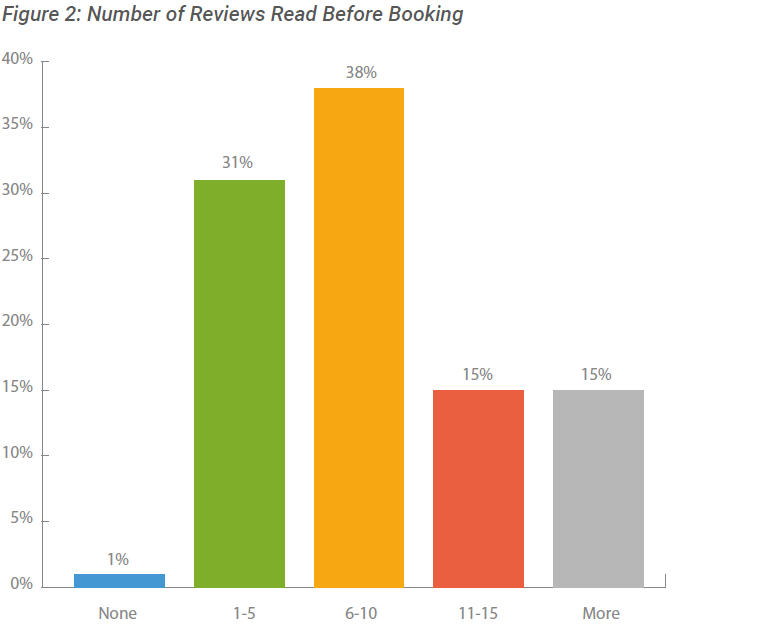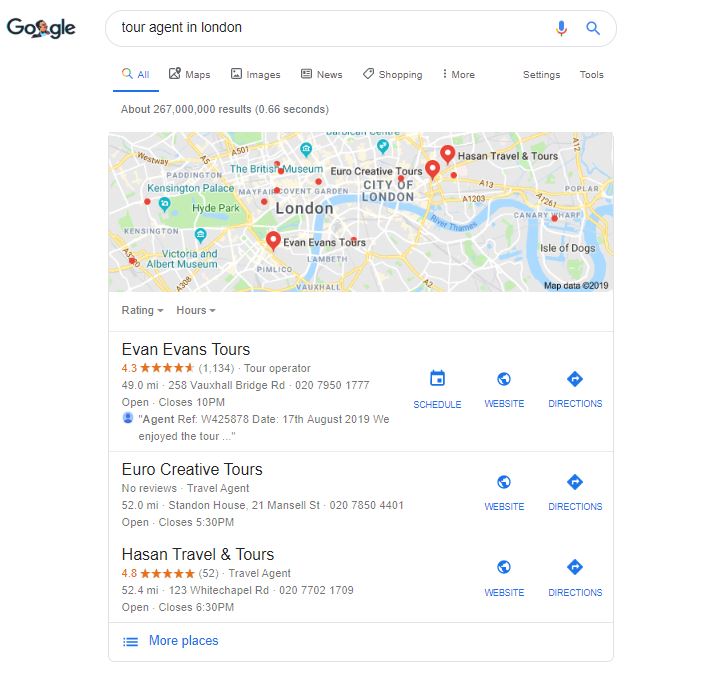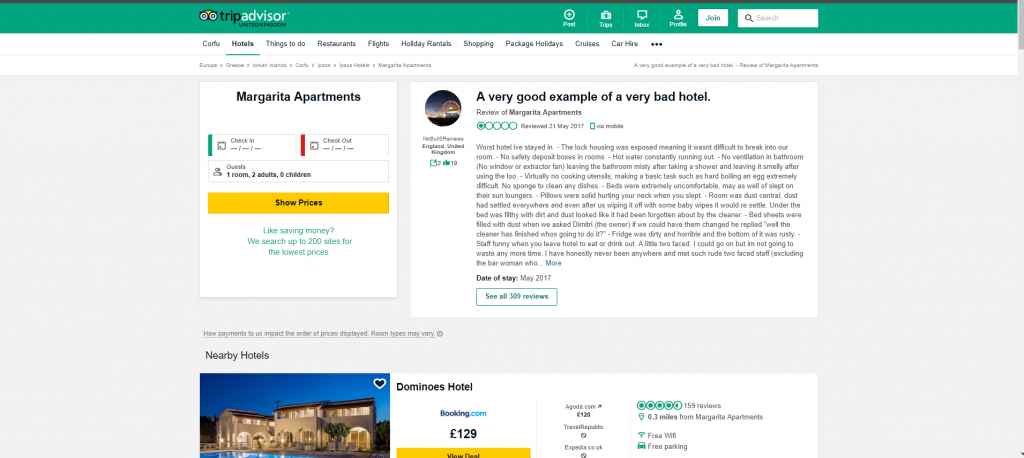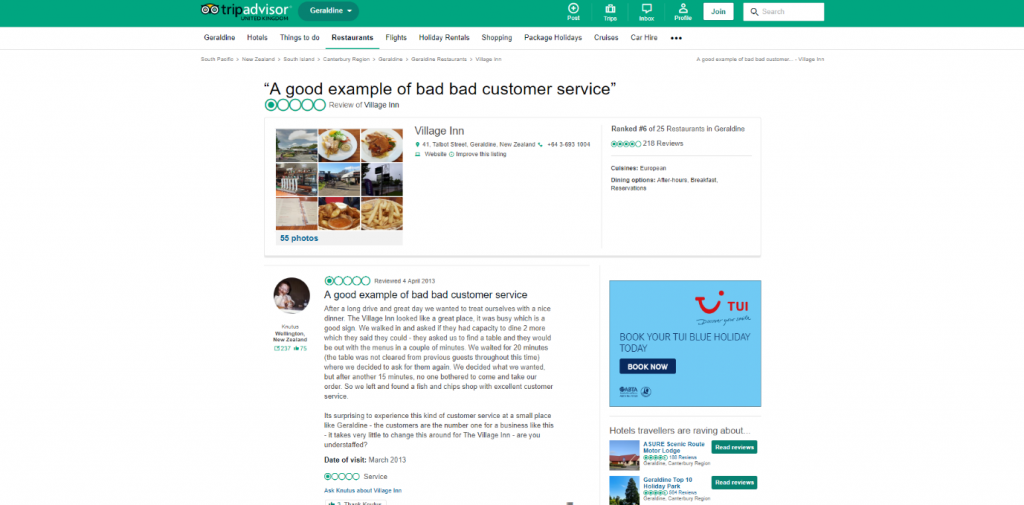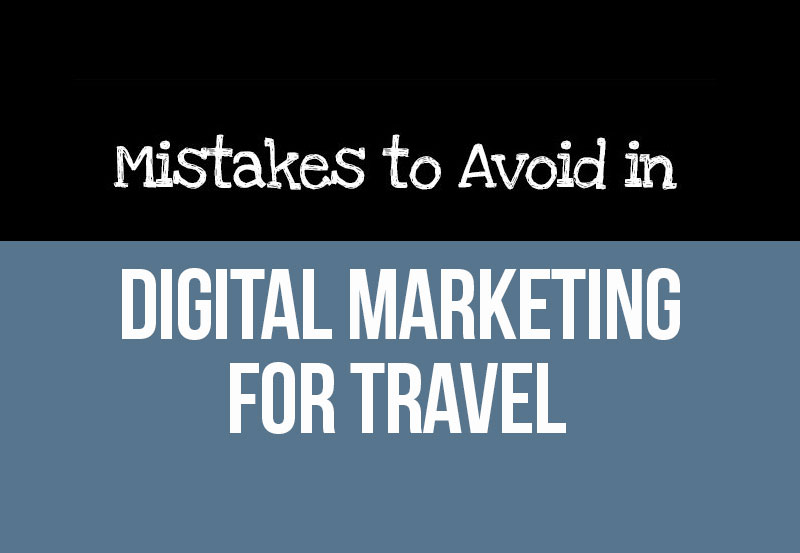Why You Need To Manage Your Businesses Online Reputation
The tourism industry, like several other service-based industries, has been disrupted with the rise of Internet.
Modern telecommunications have fundamentally altered the face of tourism.
Previously, tourists didn’t have access to the kind of information which we have today, and this allowed tourism brands with poor services to escape punishment for their poor practices.
Things are much different now.
Even a single review by an unsatisfied customer has the potential to destroy your reputation.
Online travel sites such as TripAdvisor, along with review sites such as Yelp, have spearheaded this change.
Most tourism brands can now no longer provide shoddy service without incurring the wrath of consumers and seeing a correlated reduction in sales.
Most travel brands have slowly awakened to the need for managing their online reputation proactively.
In this article we will discuss why travel brands need to manage their online reputation and will also share some tips for managing your online reputation.
The Role of Review and Booking Sites
Millennials are already the largest living generation in the world, and this demographic has been the lifeline for tourism industry for several years now.
In terms of buying habits, they differ significantly from previous generations and are known to pay close attention to online reviews and ratings before making a purchase decision.
TrustYou, a leading guest feedback and hotel reputation software provider recently conducted a study in partnership with IUBH International University of Applied Sciences and travel company TUI to analyse the booking behaviour of Millennials and Gen Z travellers.
They discovered that this demographic pays close attention to past reviews and customer ratings before booking a hotel, cruise or tour package.
According to their findings, 83% of travellers say that reviews play an essential role in their booking decision.
The image above shows the relevance of online reviews for booking decisions.
59% say that reviews are quite important, while another 24% consider online reviews to be very important for their booking.
A high number of travellers also read several reviews during the research phase to decide which hotel or tour package to book.
Almost 38% of travellers read anywhere between 6 and 10 reviews before making a booking decision, while 31% read 1 to 5 reviews.
These stats show the critical role played by online reviews in any purchase decision.
Many travellers decide against booking a hotel or tour package if the service provider has a number of poor reviews.
Reviews now receive more exposure as they are promoted in search engine results, with Google displaying relevant businesses in response to a search query.
We typed the top tour agency in London and Google displayed the following results:
These star rating provide a great way to be noticed. However they will also publicise a poor online reputation.
You would be far more likely to select ‘Evan Evans Tours‘ over ‘Euro Creative Tours‘ based upon the number of reviews in Google.
In our example search, business listings are shown even above text-based organic listings along with the ratings and reviews for each business.
Your reviews may be the first thing a potential customer sees about you.
Most online rating platforms including Google Maps, TripAdvisor, or Yelp allow anyone to leave a review.
Your business can be reviewed online even if it’s not listed with the website and there’s been no prior communication to you..
Travel booking sites such as TripAdvisor, Booking.com or Expedia can have an outsized impact on your business.
TripAdvisor is a good case in point, and we have covered this in detail in our Complete Guide to TripAdvisor for Travel Businesses in 2019.
TripAdvisor is among the most trusted source of information for travellers, and it has an unmatched library of content about almost all holiday destinations.
The site is visited by more than 500 million users each month and is estimated to influence nearly 10% of the global tourism industry.
It is far too important to be ignored.
Travellers pay close attention to what past customers have to say about your business.
It’s hard to imagine a purchase of any service with reviews such as these…
Or…
It’s natural to get at least some bad reviews as you just can’t please everyone! The more high-end your product, the higher your customer’s expectations will be.
But how you respond to the complaint can be especially important to managing your online reputation.
With a proactive approach, you can mitigate the impact of the negative reviews which your business gets.
Online Reputation Management
Online Reputation Management refers to the practice of managing the customer’s perception of your brand, with the goal of showing your brand in a positive light and minimising the impact of negative opinion.
ORM can be considered a part of PR or Marketing, with online reviews, blogs and comments playing the role that brochures, flyers, and banners once did.
Online reputation management consists of several steps:
Audit Your Online Reputation
Your first step is to conduct an in-depth audit of the customer reviews and ratings which your past customers have left on popular online platforms.
An audit will help you in identifying the issues which are bothering your customers and allow you to make steps to action change.
Work on ALL Major Review Sites
In today’s digital world, anyone can list your business on popular business directories or listing sites, and you need to claim your business as soon as possible.
List your business on sites such as:
- TripAdvisor
- Google My Business
- Travelocity
- Yelp
- Booking.com
- Foursquare
- Yahoo
- Yellow Pages
- Expedia
- Trip.com
- Trust Pilot
- Feefo
- Reviews.co.uk
- Reevoo
Respond to ALL Bad Reviews
Online users today expect a response to a negative review quickly.
Not replying to bad reviews shows your brand as insensitive to your customer’s feedback.
24% of users who have contacted a brand on social media, expect a reply within 30 Minutes, regardless of when the contact was made.
57% expect the same response time at night and on weekends as during normal business hours! (source: www.convinceandconvert.com/social-media-research/42-percent-of-consumers-complaining-in-social-media-expect-60-minute-response-time)
However, a bad review, dealt with well, can be more beneficial than a positive review.
Many brands have successfully improved their online reputation by engaging with their users on social media platforms.
Answering the points raised and highlighting the steps made to improve the business as a result of the feedback, show potential customers that your business has improved since the poor review was left.
Use Online Monitoring Tools
Due to the high number of sites which allow customers to review a business, it may become quite challenging to monitor your reputation manually, especially without a dedicated resource in your team/business.
Thankfully, there are several ‘listening’ tools available to marketers which make the task of monitoring your online reputation easy.
These monitor when someone mentions your brand online as these tools allow you to monitor dozens of review sites simultaneously.
You can choose a listening tool from several available ones such as:
Conclusion
The rapid rise of online media has made it easier for anyone to review a business online.
Businesses can no longer remain bystander and need to pro-actively manage their online reputations.
This is especially important for travel brands as a vast majority of buyers say that online reviews and ratings of a travel brand play an important role in their booking decisions.
In this article, we have highlighted the importance of online reputation management and have also included some tips along with some tools which will help you manage the online reputation of your travel brand.
By continuing to use the site, you agree to the use of cookies. more information
The cookie settings on this website are set to "allow cookies" to give you the best browsing experience possible. If you continue to use this website without changing your cookie settings or you click "Accept" below then you are consenting to this.
